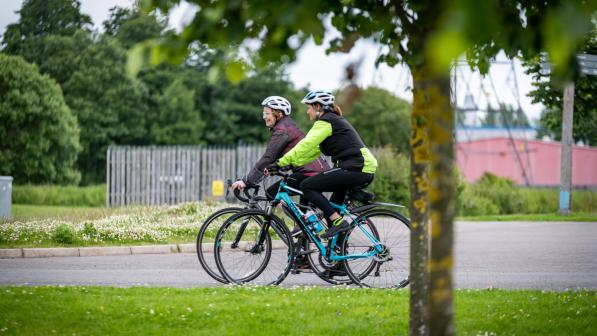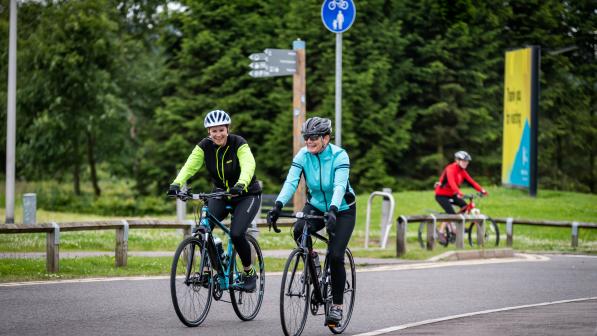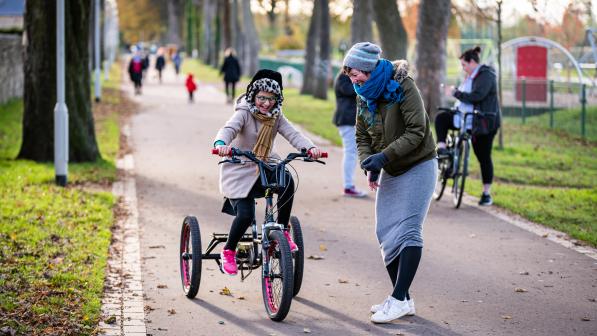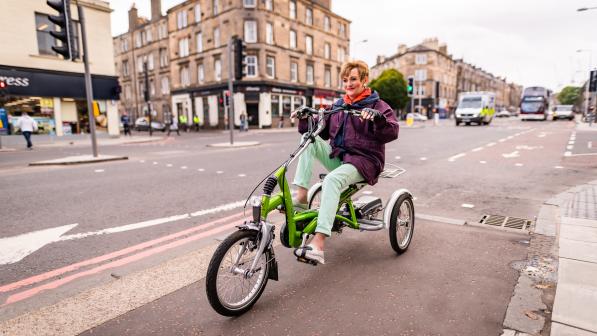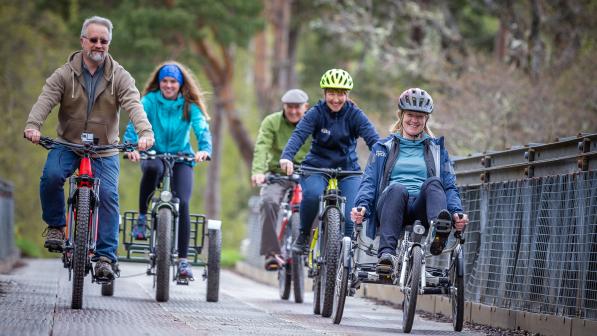Scottish Budget sends the wrong signals on climate change

"We need to do everything - and do it now" was Professor Piers Forster’s succinct summary of a major United Nations report on climate change during a seminar that I attended in 2018. Now in 2020, Professor Forster’s words feel just as relevant to the question of how the Scottish Government makes its climate emergency declaration meaningful in its everyday work and our everyday lives. Government declaring a climate emergency is pointless unless it makes a real difference to their priorities and the work of every department. An emergency status must mean Government puts climate change to top of the list of pressing issues, acts with urgency, and does things differently to tackle it.
It’s now 10 months since the climate emergency was declared by First Minister Nicola Sturgeon, so is it having an impact on Government work? Is the importance, urgency and different ways of working coming across in how Government is tackling emissions from transport, and helping more of us to cycle - one of the key solutions for each of us in reducing our impact on the planet.
We need to do everything - and do it now
Professor Piers Forster
Importance
Government recently published its new National Transport Strategy including ‘Takes Climate Action’ as one of four priorities. Government also smoothed the way for the Scottish Budget by stating that it would be focussed on tackling climate change. Climate change being at the forefront of Government documents and in the opening remarks of almost every meeting I attend is great and shows that the Scottish Government is getting the importance of climate change.
Urgency
The Scottish Budget was published earlier this month and included £85.5m for cycling and active travel, an increase from the last budget of £6.5m. We mustn’t be too churlish but the increase only does a bit more than account for inflation since the last increase in the active travel budget. As many organisations have pointed out, an increase of £6.5 m isn’t enough when trying to tackle climate change. It always takes time turning spending commitments into spades in the ground creating cycle lanes, so it is concerning that there wasn’t larger amounts of money in the budget this year.
Unfortunately, the new National Transport Strategy isn’t much better at giving an indication of urgency. It was published without any solid actions to boost cycling or timescales to make them happen. Instead, Government is promising a delivery plan in future months.
Doing things differently
Cycling UK in Scotland has consistently called for the Scottish Government to invest 10% of the transport budget, more than £30 per head, to support active travel. We will continue that call as we lobby political parties to include funding boosts in their manifestos for the Scottish Parliamentary election in May next year. £85.5m is only 2.7% of the transport budget in Scotland whereas the budget for trunk roads and motorways dwarfs this at £749m. Doing things differently to tackle climate change includes deciding to NOT build new trunk roads and motorways. It also includes giving enough money and support to local authorities to build the cycle lanes and parking infrastructure our cities and towns so desperately need.
That’s why we have been asking Government to use the budget to help local authorities to deliver the transformational change needed in cycling and active travel infrastructure. As part of a larger share of the transport budget for active travel we called for an increase in the Cycling Walking and Safer Streets fund to at least £20m. This would help local authorities pay for cycling infrastructure improvements and match other pots of money available to them for active travel.
But it's not just about the money – things need to be done differently. We need a national plan to create a network of cycle routes in each town and city over the next 10 years. Local authorities need confidence to employ or re-assign staff who will re-design our roads and neighbourhoods, and create all the new cycle paths we need. Processes for funding and agreeing active travel projects must be cleared of unnecessary barriers so that projects can get finished quickly – this includes looking at the way Councils consult about projects and how much weight we give to a few opposing voices. Finally, national and local government must bite the biggest bullet of all and finally do something to get people out of their cars.
